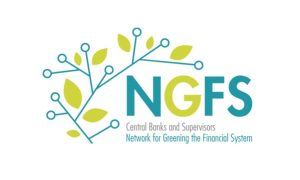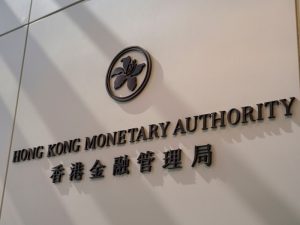Guidance on Net Zero Transition for Asset Managers
The Monetary Authority of Singapore (MAS) has released guidance on net zero transition for asset managers, aiming to help asset management companies establish a transition planning process.
The net zero transition guideline proposed by MAS for the asset management industry applies to fund management companies and real estate investment trusts, while the net zero guideline proposed for the financial industry also includes two versions for the banking and insurance industries.
Related Post: Monetary Authority of Singapore Releases Guidance on Net Zero Transition for Insurers
Introduction to Guidance on Net Zero Transition for Asset Managers
Transition planning for asset managers refers to the internal strategic planning and risk management processes undertaken to prepare for risks and potential changes in business models associated with transition. Asset managers can allocate capital to investee companies and enhance these companies’ net zero transitions. MAS advises asset managers not to withdraw investments indiscriminately.
Asset managers need to adopt a long-term perspective to ensure the sustainability of their business models and portfolios and use forward-looking risk management tools to manage risk. MAS recommends that asset managers set decarbonization targets and support the global low-carbon transition. At the same time, environmental risks in addition to climate-related risks should also be included in the transition process and integrated into the overall risk assessment.
Asset managers are also required to disclose meaningful information that enables stakeholders to understand the risks they face in the short, medium, and long term and to maintain information transparency. Asset managers can also make net zero commitments and regularly disclose progress.

Contents of Guidance on Net Zero Transition for Asset Managers
MAS has divided its guidance on net zero for the asset management industry into several sections, namely governance and strategy, portfolio management, engagement, and disclosure.
In terms of governance and strategy, board and senior management support is critical for the net zero transition, and MAS recommends that boards need to consider how the future operating environment will affect the company’s risk profile and integrate climate-related business strategies into operations. At the same time, MAS will also regularly improve asset managers’ existing approaches to climate-related risks.
In terms of portfolio management, asset managers need to identify, assess, address, and monitor material climate risks at both the individual asset and portfolio levels. MAS recommends that asset managers adopt a differentiated approach to industries with higher climate risks in their transition plans to meet customer needs at different stages. Asset managers also need to understand the transition and physical risks faced by investee companies and the adequacy of their efforts to address climate change.
In terms of engagement, active participation and proactive management by asset management companies can help investees complete the low-carbon transition and mitigate climate risks faced by investment portfolios. MAS believes that asset management companies need to understand the characteristics of the jurisdictions where investees are located and develop appropriate climate strategies to effectively interact with them. Asset managers can also collect climate data and encourage investee companies to adopt international reporting frameworks to disclose information.
In terms of disclosure, asset managers should make their transition plans public to reduce the risk of greenwashing. The sustainable disclosure framework issued by the International Sustainability Standards Board (ISSB) provides a basis for information disclosure by asset management companies. Asset managers need to disclose to stakeholders the climate risks they face in the short, medium, and long term, as well as solutions.
In terms of products, MAS recommends that asset management companies make appropriate disclosures on the climate-related factors of their products. Sustainable products and transition-related products also need to be clearly stated and disclose information in accordance with the green taxonomy. MAS is providing the asset management industry with a 12-month transition period to assess and implement net zero transition guidance.
Reference:
Consultation Paper on Proposed Guidelines on Transition Planning for Asset Managers





